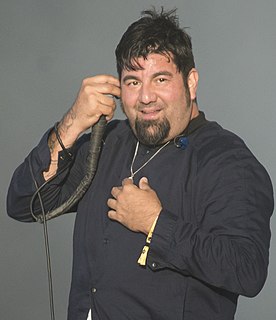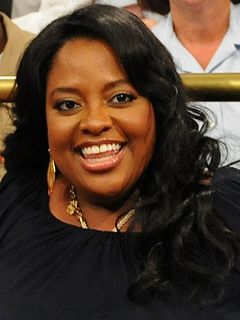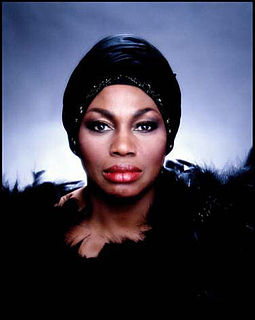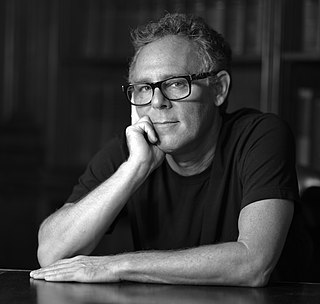A Quote by Pam Grier
Coming from the '50s, things were very violent. We were still being lynched. If I drove down through the South with my mother, I might not make it through one state without being bullied or harassed. I feel like unless you've been black for a week, you don't know.
Related Quotes
My grandfather had asked me many times whether I'd like to come to South Carolina with him. He wanted to introduce me to our people down there and I didn't want to go. In those days, the South was still a place where black kids were lynched. Something horrible could happen to you. I've had that feeling my whole life.
I have a feeling a lot of the records I grew up listening to and the records I still like, as hard as musicians worked making them, I feel like they were really enjoying what they were going through. They weren't just going through the process. You can tell that with certain things that you listen to.
If I were hanged on the highest hill, Mother o’ mine, O mother o’ mine! I know whose love would follow me still, Mother o’ mine, O mother o’ mine! If I were drowned in the deepest sea, Mother o’ mine, O mother o’ mine! I know whose tears would come down to me, Mother o’ mine, O mother o’ mine! If I were damned of body and soul, I know whose prayers would make me whole, Mother o’ mine, O mother o’ mine!
I grew up in Orangeburg, South Carolina, which has the proud distinction of being the home to two of the eight Historically Black Colleges and Universities in the state: South Carolina State University and Claflin University. When I was a kid riding around town with my grandfather, we often drove by the colleges.
I know that in South Africa, we were in that space, and we're still suffering from that space. And that was where a government very successfully convinced the majority of a population that every single person there was blocking the other people from achieving greatness in the country, only to realize that we were all being oppressed at the same time. That's one of the biggest things. And I'm proud to say that.
I wanted to make sure the focus [in The Land] was on human beings themselves and their decisions, but still connected to the urban environment that people associate as being black. I think I was able to make a film without commenting on "black this or black that" and you still feel the presence of it. There's no one character who's saying "we're all black and we're all in this struggle." It's that you just feel it. Some of that is because we get the sense from a lot of independent films that black people struggle all the time.
I lost my mother early, I've sometimes felt I haven't had anyone to show me the way. When I look to the future there's only a blank. "I can't see past the point where I am," the speaker says at one point - "like you, I'm just passing through." If my mother were still alive I imagine I'd have a clearer sense of what a meaningful, vital life might look like 25 years down the line.


































